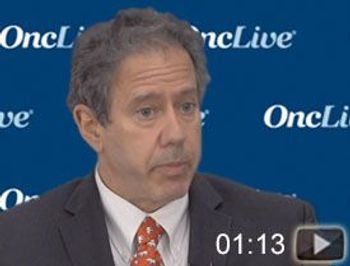
Albert J. Aboulafia, MD, discusses targeted therapy options in tenosynovial giant cell tumor.

Albert J. Aboulafia, MD, discusses targeted therapy options in tenosynovial giant cell tumor.
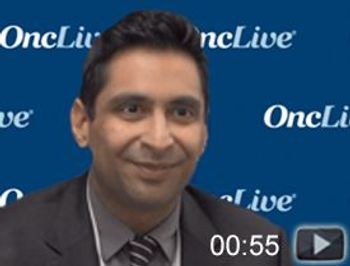
Ashish Saxena, MD, PhD, discusses the importance of initial therapy selection in ALK-positive non–small cell lung cancer.
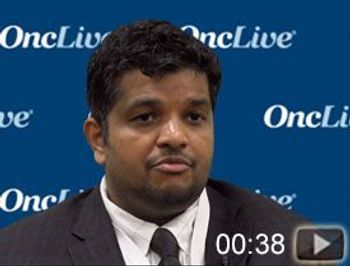
Praveen Ramakrishnan, MD, discusses the benefit of CAR T-cell therapy in patients with mantle cell lymphoma.
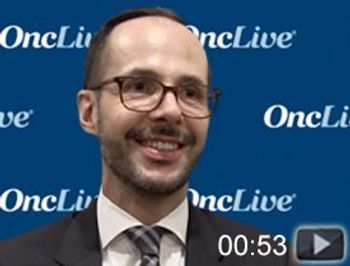
Diego Villa, MD, MPH, discusses a retrospective analysis of bendamustine and rituximab as induction therapy in patients with transplant-eligible and -ineligible mantle cell lymphoma.
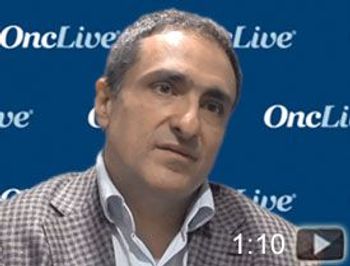
Charalambos (Babis) Andreadis, MD, MSCE, discusses the emergence of CAR T-cell therapy in relapsed/refractory mantle cell lymphoma.
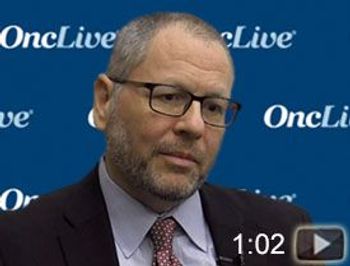
Daniel A. Barocas, MD, MPH, FACS, discusses adjuvant TKI therapy in patients with renal cell carcinoma at high risk of recurrence following cytoreductive nephrectomy.
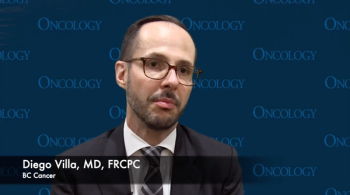
Diego Villa, MD, FRCPC, elaborated on the progress made with bendamustine and rituximab as induction therapy for transplant eligible and ineligible patients with mantle cell lymphoma.
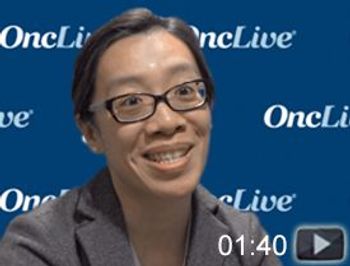
Sandy Wong, MD, discusses investigational CAR T-cell products in relapsed/refractory multiple myeloma.
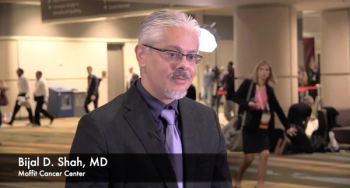
Bijal D. Shah, MD, discusses the progress made regarding CAR T-cell therapy and mantle cell lymphoma.
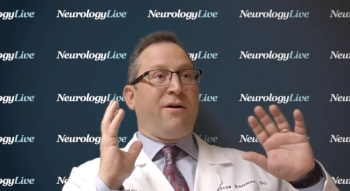
The medical director of the Comprehensive Stroke Center at Cleveland Clinic detailed the differences between neuroprotection and neurorestoration, and the available options for each.
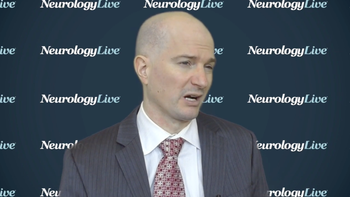
The medical director of the Comprehensive Epilepsy Clinic at Nicklaus Children’s Hospital discusses his early stage gene therapy trial for Dravet syndrome.
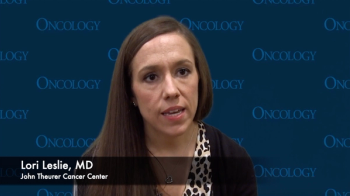
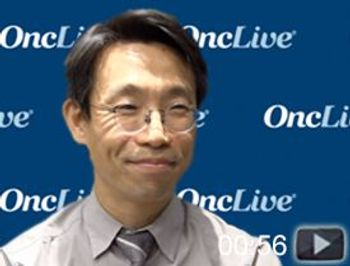
Jae H.Park, MD, discusses potential alternate CAR T-cell targets in B-cell malignancies.
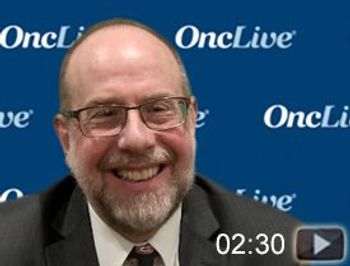
Karl M. Kilgore, PhD, senior research scientist, Avalere Health, discusses real-world data regarding Medicare patients with non-Hodgkin lymphoma receiving CAR T-cell therapy.
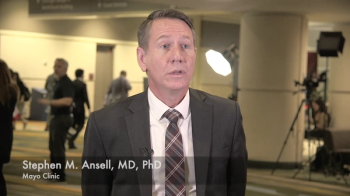
The Mayo Clinic expert highlights exciting advancements being made in chimeric antigen receptor T-cell therapy for blood cancer.
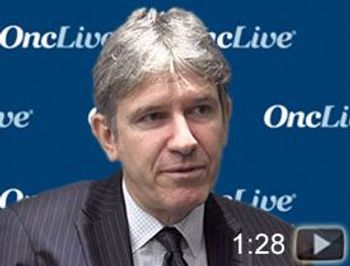
Miguel-Angel Perales, MD, discusses the future of CAR T-cell therapy in diffuse large B-cell lymphoma and follicular lymphoma.
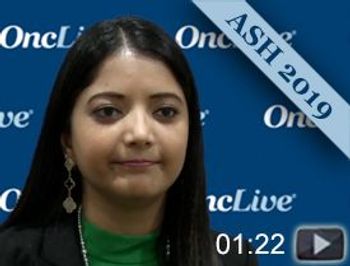
Deepu Madduri, MD, assistant professor, medicine, hematology and medical oncology, Mount Sinai Hospital, discusses the results of the phase Ib/II CARTITUDE-1 trial of the BCMA-directed CAR T-cell therapy JNJ-4528 in patients with heavily pretreated relapsed/refractory multiple myeloma.
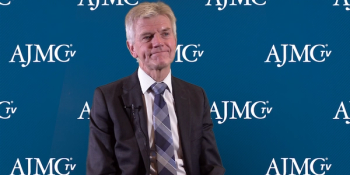
Reimbursement for CAR-T therapy has progressed to where commercially insured patients obtain coverage regularly, but issues remain for patients with Medicare, said John Sweetenham, MD, professor in the Department of Internal Medicine at UT Southwestern Medical Center and the Associate Director for Clinical Affairs at UTSW’s Harold C. Simmons Comprehensive Cancer Center.
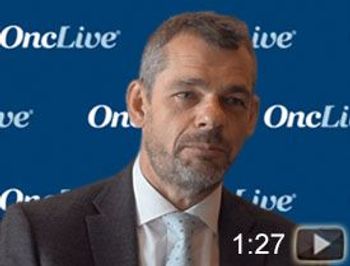
Simon Rule, MD, discusses the potential for CAR T-cell therapy in treating patients with mantle cell lymphoma.
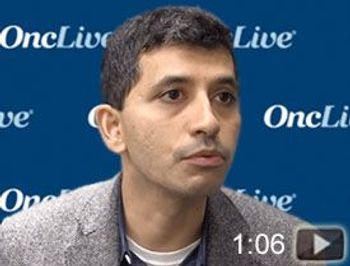
Sham Mailankody, MBBS, discusses research regarding the BCMA CAR T-cell therapy bb2121 in patients with relapsed/refractory multiple myeloma.
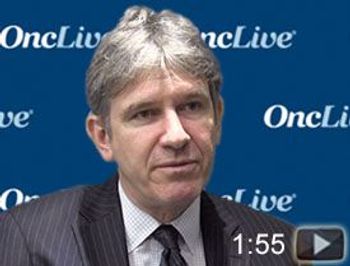
Miguel-Angel Perales, MD, discusses the use of CAR T-cell therapy in diffuse large B-cell lymphoma and transformed follicular lymphoma.

There are a number of policy changes that can drive change within the implementation of chimeric antigen receptor T-cell therapy, but further innovation is warranted to improve access, said John Sweetenham, MD, professor in the Department of Internal Medicine at UT Southwestern Medical Center and the Associate Director for Clinical Affairs at UTSW’s Harold C. Simmons Comprehensive Cancer Center.
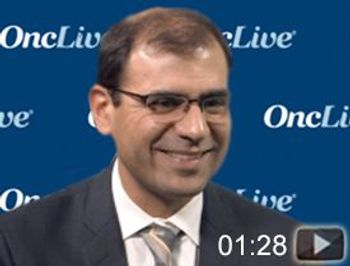
Alfred L. Garfall, MD, MS, discusses the potential of CAR T-cell therapy in multiple myeloma.
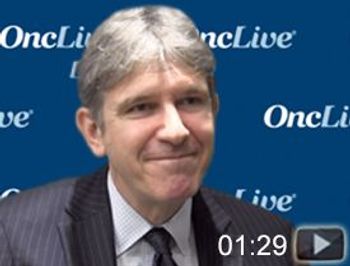
Miguel-Angel Perales, MD, discusses replacing autologous stem cell transplant with CAR T-cell therapy in diffuse large B-cell lymphoma.
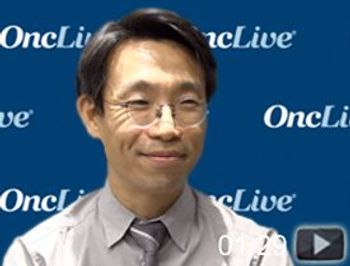
Jae H. Park, MD, discusses encouraging data with CAR T-cell therapy in acute lymphoblastic leukemia.
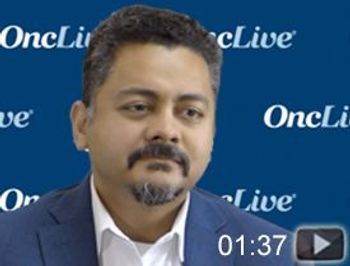
Saad Z. Usmani, MD, FACP, discusses the mechanisms of action of BCMA-targeted CAR T-cell therapy, bispecific monoclonal antibodies, and antibody-drug conjugates in multiple myeloma.
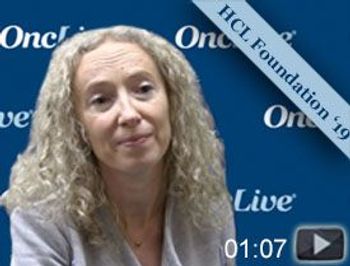
Agnieszka Janus, MD, PhD, discusses the efficacy and safety of moxetumomab pasudotox as a treatment option for patients with hairy cell leukemia. This agent was approved by the FDA in September 2018 for the treatment of adult patients with hairy cell leukemia who have received at least 2 prior lines of therapy, including a purine nucleoside analog.
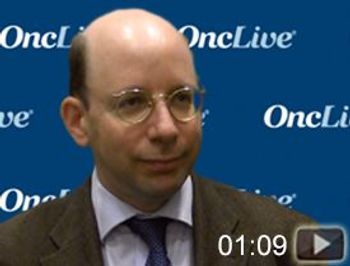
Alexander E. Perl, MD, MS, discusses the challenges of using immunotherapy with antibody-drug conjugates, bispecific T-cell engagers, and CAR T-cell therapies in acute myeloid leukemia.
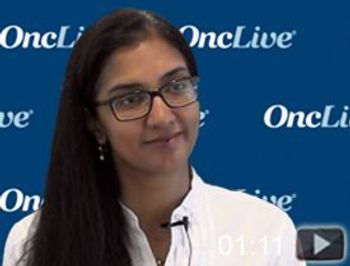
Tanya Siddiqi, MD, discusses the rationale for the phase I/II TRANSCEND CLL 004 trial investigating the use of the CAR T-cell therapy lisocabtagene maraleucel in patients with relapsed/refractory chronic lymphocytic leukemia or small lymphocytic lymphoma.